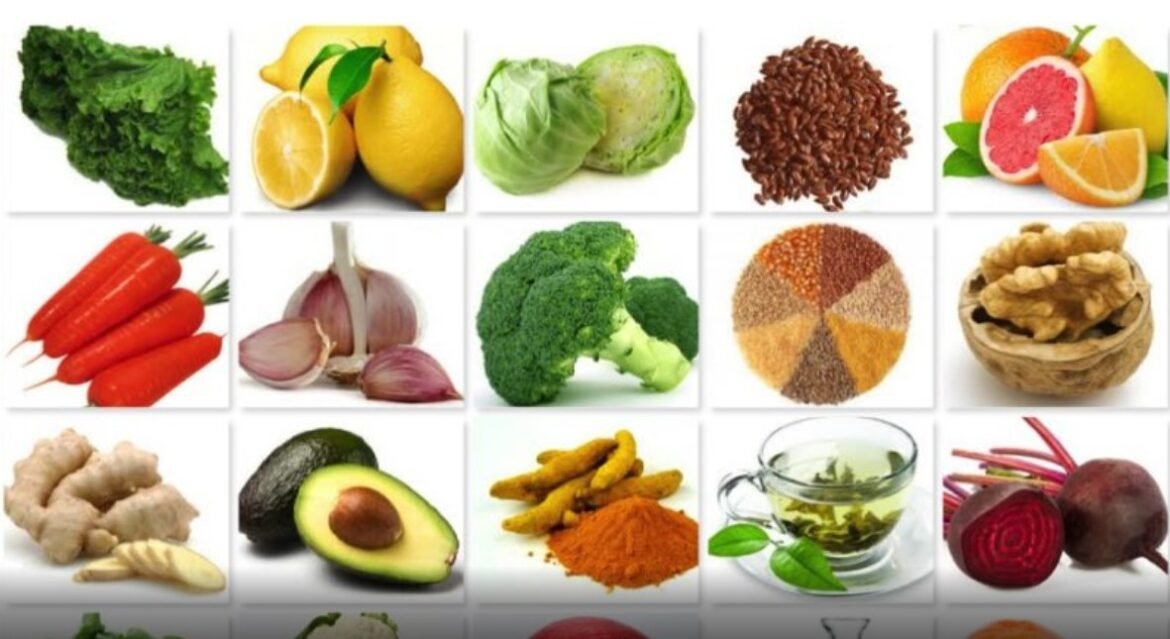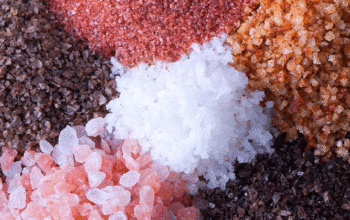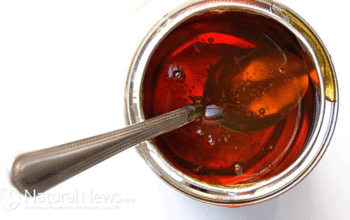In today’s fast-paced world, maintaining optimal liver health has become increasingly crucial. The liver plays a vital role in detoxifying our body, processing nutrients, and supporting overall metabolic functions. By making strategic dietary choices, you can significantly enhance your liver’s performance and promote long-term wellness.
Understanding the Liver’s Essential Functions
Your liver is a remarkable organ responsible for numerous critical bodily processes. It acts as the body’s primary filtration system, removing toxins, processing nutrients, producing essential proteins, and regulating metabolism. According to the American Liver Foundation, approximately 1 in 10 Americans have some form of liver disease, highlighting the importance of proactive liver care.
Top Foods for Liver Detoxification and Support
Leafy Greens and Antioxidant Powerhouses
Spinach, kale, and other leafy greens are nutritional champions for liver health. These vegetables are rich in chlorophyll, which helps neutralize heavy metals and toxins. Additionally, they contain powerful antioxidants that protect liver cells from damage. Berries like blueberries and raspberries complement these greens, offering additional protective compounds.
Sulfur-Rich Healing Foods
Garlic, onions, and cruciferous vegetables like broccoli and cauliflower are exceptional liver supporters. They contain sulfur compounds that activate liver enzymes responsible for efficiently removing toxins from the body. Studies have shown that these foods can help stimulate the liver’s natural detoxification processes.
Omega-3 and Healthy Fat Sources
Fatty fish such as salmon, mackerel, and sardines provide omega-3 fatty acids that reduce liver inflammation and support cellular repair. Plant-based options like flaxseeds and walnuts also offer similar benefits, making them excellent additions to a liver-friendly diet.
Foods to Limit or Avoid
While focusing on beneficial foods, it’s equally important to minimize consumption of items that can harm liver function:
- Processed foods high in sugar and artificial additives
- Foods containing saturated and trans fats
- Excessive alcohol consumption
- Highly processed snacks and sugary beverages
Practical Strategies for a Liver-Friendly Diet
Implementing a liver-supportive diet doesn’t require radical changes. Consider these practical tips:
- Start your day with warm lemon water to stimulate liver function
- Incorporate a variety of colorful fruits and vegetables
- Choose lean proteins and whole grains
- Stay hydrated with water and herbal teas
- Practice portion control and mindful eating
Complementary Lifestyle Factors
Diet is just one aspect of liver health. Regular exercise, stress management, and adequate sleep also play crucial roles. Aim for at least 150 minutes of moderate exercise per week and prioritize quality sleep to support your liver’s regenerative processes.
Supplemental Support
While food should be your primary approach, certain supplements can provide additional liver support. Milk thistle, turmeric, and dandelion root are known for their hepatoprotective properties. However, always consult with a healthcare professional before starting any new supplement regimen.
The Long-Term Benefits
By consistently supporting your liver through nutrition and healthy lifestyle choices, you can experience numerous benefits, including improved energy levels, enhanced metabolism, better skin health, and a strengthened immune system.
Remember, liver health is a journey, not a destination. Small, consistent changes can yield significant long-term results. Listen to your body, make informed dietary choices, and prioritize your liver’s well-being.





